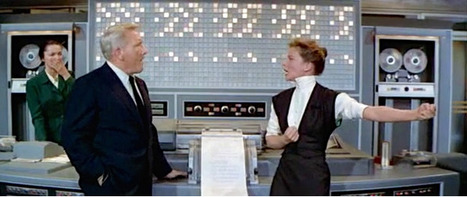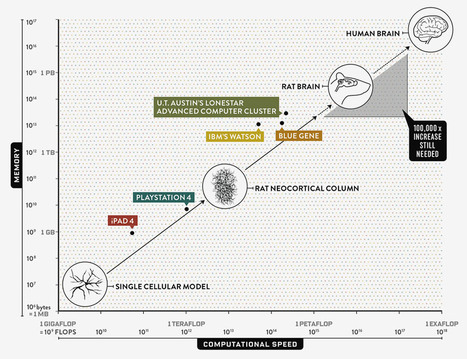Il n'est pas encore là que l'assemblée se tait déjà. Dans une atmosphère quasi religieuse, les quelque 250 Londoniens sagement assis face à l'estrade attendent l'arrivée de l'oracle américain, en silence. Démarche un peu gauche et sourire bon enfant, Nate Silver, le saint patron des "nerds" (le sobriquet désigne les obsessionnels du chiffre et des nouvelles technologies), apparaît enfin, avec quelques minutes de retard.
Il est là, costume gris et lunettes rectangles, avec des airs d'oiseau tombé du nid, face aux mines imprégnées de ses fidèles, aussi sûr de ses algorithmes que de son aura. Des mois avant le scrutin présidentiel américain du 6 novembre 2012, il annonçait une confortable victoire de Barack Obama. Faisant ainsi mentir les analystes et autres experts qui pronostiquaient un vote serré. Quelques autres ont, eux aussi, prévu l'élection du candidat démocrate, mais aucun n'a annoncé des résultats exacts dans la totalité des cinquante Etats américains.
Via
Aurélien BADET



 Your new post is loading...
Your new post is loading...











L'intelligence artificielle, telle que conçue dans les années 80 à base d'algorithmes et de puissance informatique, a échoué. Aujourd'hui, les ordinateurs se nourrissent de big data et apprennent par eux-mêmes.
Ceux qui prédisent le futur ont tendance à surestimer le changement à court terme et à sous-estimer celui à long terme.
L'intelligence artificielle, telle que conçue dans les années 80 à base d'algorithmes et de puissance informatique, a échoué. Aujourd'hui, les ordinateurs se nourrissent de big data et apprennent par eux-mêmes.
Ceux qui prédisent le futur ont tendance à surestimer le changement à court terme et à sous-estimer celui à long terme.
Como um afeta AI te?